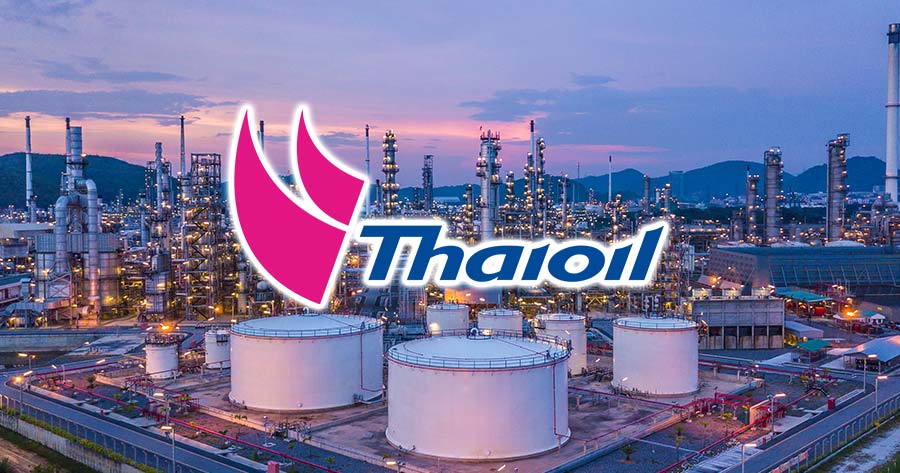Thai Oil Public Company Limited (SET: TOP) has held a press conference on December 23, 2024, to address the public concerns about its plan to increase an investment in the Clean Fuel Project at the amount of 63,028 million baht as a swift clean up for the mess left by its main contractor UJV.
Last Friday, TOP called for an Extraordinary General Meeting of Shareholders to consider approving an increase of the investment cost in the Clean Fuel Project (CFP) that has been delayed due to main contractor issues for a total amount of 63 billion baht.
In a letter disclosed through the Stock Exchange of Thailand, TOP states that its Board of Directors approved to convene the Extraordinary General Meeting of Shareholders on 21 February 2025 to consider and approve an increase of the investment cost in the Clean Fuel Project in the amount of approximately THB 63,028 million or approximately USD 1,776 million and the interest during construction of approximately THB 17,922 million or approximately USD 505 million equivalent.
Mr. Bandhit Thamprajamchit, Chief Executive Officer and President of Thai Oil, stated that the construction has faced financial challenges beyond initial estimates due to disputes involving compensation claims from the Unincorporated Joint Venture (UJV), comprising Samsung E&A (Thailand) Co., Ltd., Petrofac South East Asia Pte. Ltd., and Saipem Singapore Pte. Ltd. These issues led to demonstrations by Thai subcontractors, forming a federation with several companies that have either slowed or halted work, significantly delaying the near-completion of the CFP.
Despite nearing completion, unforeseen circumstances necessitate additional funding. Shareholder approval for budget increases is crucial, though not all of the requested funds may be utilized. An independent project management consultant has been employed to assess the project’s progress, focusing on constructing new refining units designed to add value by converting fuel oil and bitumen into jet fuel and diesel—tasks not progressing as planned.
The project’s completion has been postponed by over three years to 2028, largely due to challenging final phases involving complex systems integration. Thorough testing is essential before operational launch to ensure compliance with defined standards. Thai Oil is actively seeking solutions to return operations to normalcy as swiftly as possible, aiming to finalize the timeline by 2025.
The workforce has decreased from nearly 20,000 to a few thousand, reflecting the challenge of restoring full operations. Attracting new or former subcontractors, investing in labor, and acquiring necessary equipment like machinery and scaffolding—previously withdrawn due to unpaid dues—require time and financial commitment.
Mrs. Wanida Boonpiraks, Executive Vice President-Finance and Accounting at TOP, indicates that additional CFP funding will come from two primary sources: remaining cash and free cash flow generated from 2025 to 2027 operations, alongside debt instruments or bank borrowings. Innovative financial tools, such as hybrid instruments, and asset management are under consideration to raise approximately $1,000-1,500 million. The current cash reserves stand at 30,000 million baht ($800 million), and no capital increase is planned, as the funding strategy will suffice.
Wanida reassures stakeholders that increased investment will not significantly affect dividend policies, maintaining a payout ratio of at least 25% of net profit post-reserve deductions. Strategic consideration of future contractors remains open, as Thai Oil is committed to project completion due to its strategic importance. The financial position with increased borrowing will maintain a debt-to-equity ratio (D/E) under 1x, without affecting the company’s credit rating.
Project-level IRR, impacted by extended timeframes and rising costs, decreased from 12% (estimated in 2018 by an independent financial advisor) to a current 7% estimate. Despite this, it remains above the company’s cost of capital, presenting long-term benefits to the company and shareholders once the CFP is completed.



